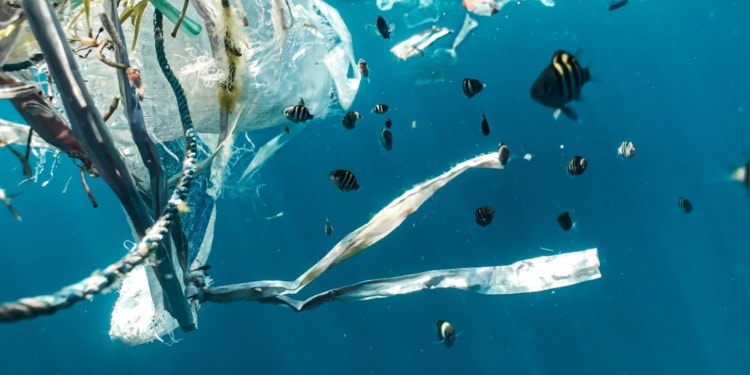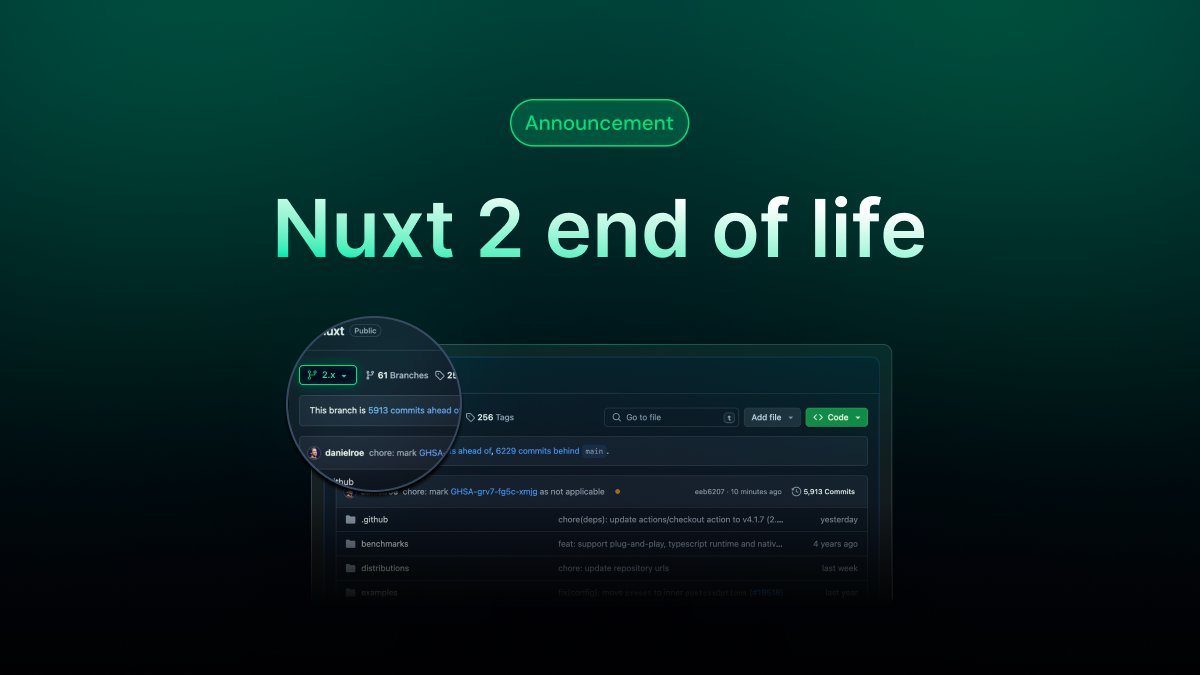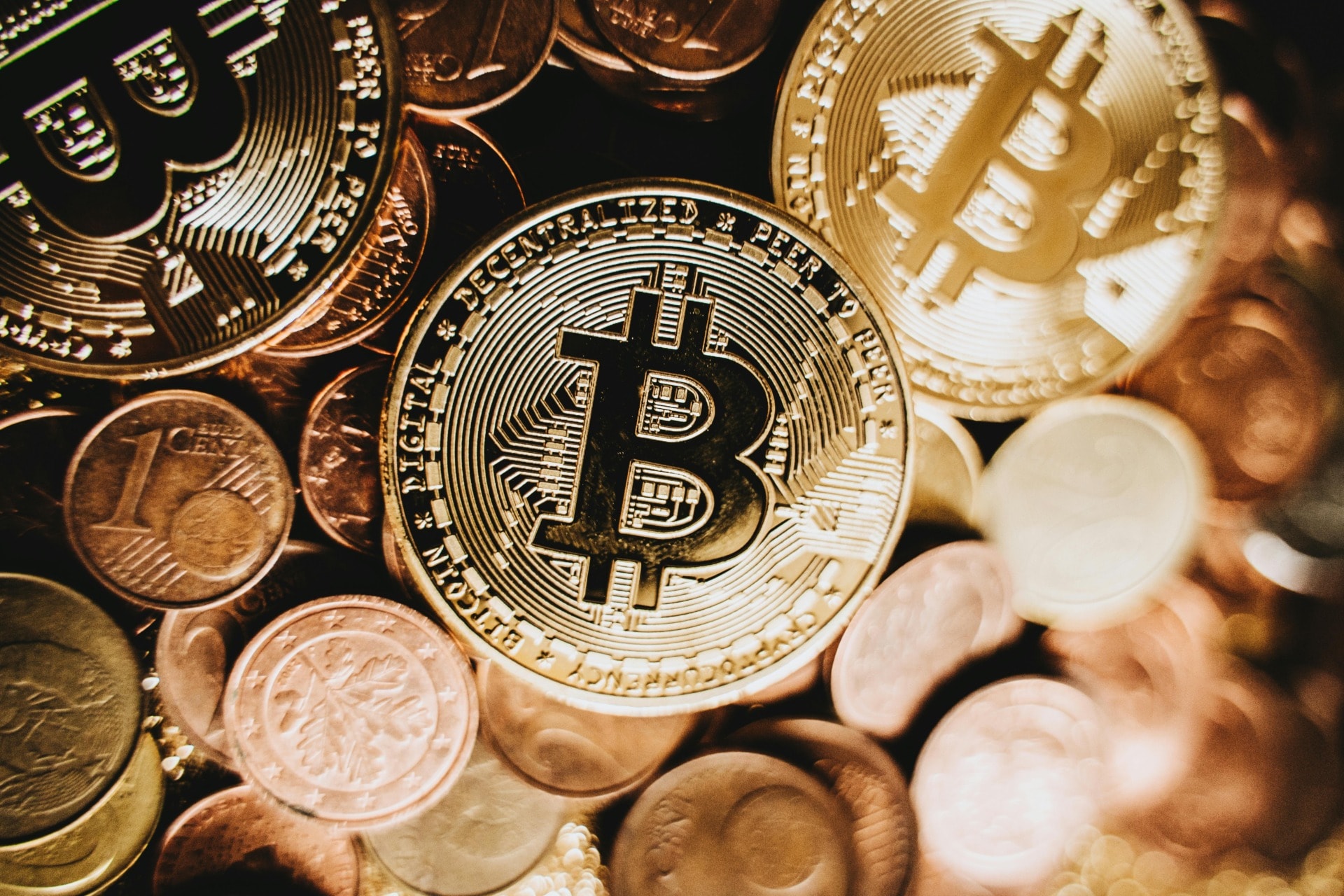Plastic pollution has a huge impact on our oceans, as well as on our society and health. With around 14 million tonnes of plastic winding up in oceans every year, plastic now accounts for 80% of all marine pollution.
“Plastics make up roughly half of each person’s contribution to ocean pollution. Fertilisers, manures and untreated sewage pollute the ocean at a rate of 1.4 kg per person per year. This causes hypoxia, or ‘dead zones’ in the ocean, killing off marine wildlife,” says the United Nations Development Programme.
We are thus facing an urgent need to combat plastic pollution. According to the National Geographic, we must implement a “new plastics economy” to do this – i.e., an economy in which plastic packaging doesn’t end up as waste.
This is precisely the goal of Berlin-based startup CleanHub: to treat the plastic pollution problem preventatively. As their website states: “We need to build waste management systems where they don’t yet exist, to stop plastic waste before it gets burned, or ends up in landfills or oceans.” (bolding added)
Using modern technologies to clean our seas
The startup combats plastic pollution using a series of technologies aimed at preventing the production of plastic waste in the first instance. These technologies are combined to form an app, which can be used by brands, waste managers, and ordinary people trying to consume more sustainably.
Their app includes the following technologies:
This system effectively pushes against greenwashing — using the CleanHub app, waste managers must upload proof of work, providing digital evidence for the amount of plastic prevented from entering the ocean.
Within CleanHub’s app, a live dashboard keeps note of the proof uploaded thanks to the impact tracking system. This keeps brands, consumers and waste managers in the same loop, ensuring a level of transparency in plastic removal operations.
Related articles: Companies ‘Significantly off Track’ to Eliminate Plastic Waste and Pollution, Report Shows, Turning Ocean Garbage Into Green Fuel
API technologies connect two or more applications using their programming interfaces, which allows different systems to exchange data. This technology allows brands using CleanHub’s app to receive real-time data about their plastic recovery progress, which in turn lets them relay this information quickly to their customers.
Reframing waste in a circular economic strategy
“The problem with waste is, as the name says, it’s not valuable — it’s trash. We throw stuff away because it doesn’t have a lot of value for us anymore, it doesn’t have value for anyone out there. If I could snap my finger and say every single piece of packaging is now worth 5 euros, do you believe we would still have plastic pollution? I don’t think so. Because, what is valuable, we keep.”
For CleanHub, solving the “plastic problem” must begin with our economy — “Plastic pollution is solved on land, not in the sea,” they claim. (bolding added)
CleanHub also aims to improve the working conditions of waste collection labourers, committing to both the social justice and environmental protection aspects of combatting plastic pollution.
“In helping improve waste worker livelihoods we actively help remove social bias historically associated with waste collection,” their website says.
The startup works with communities across Asia and Africa working in informal waste pickers — an often stigmatised line of work. CleanHub audits sites to ensure compliance with labour laws, including a guarantee that workers receive minimum wage, overtime payment and social insurance, before setting up partnerships.
After checking the site, CleanHub sends in assessor times to examine how the startup might best help to improve working conditions, or support positive social change in the region regarding to destigmatisation of waste management work.
According to CleanHub’s website, this has made 540 jobs safer, allowed for the servicing of 225,000 households, and collected 6,069,405kg of waste as of today.
In this sense, CleanHub is implementing a microcosmic circular economy, in which brands, consumers, and waste managers work both together and for one another. As CEO Tasche states:
“We are thinking about the problem from a scalability side of things. We’re building a platform, a two-sided marketplace. On the one hand, we have the brands that need packaging and on the other hand we have waste collection companies in Asia, in Africa; these are local entrepreneurs who we pay to collect plastic waste today.”
How successful could this strategy be going forward?
CleanHub has been noted by the EU Startups magazine as one of Europe’s 20 most promising startups focused on sustainability — an impressive feat that assures the potential of the startup.
CleanHub’s aim is to prevent 50% of new plastics from entering the ocean by 2030. To help reach this aim, the startup received $7 million in funding from Singapore-based venture capital firm Integra Partners, as well as pan-European venture capital firm Lakestar.
The three co-founders of the startup, Joel Tasche, Louis Pfitzner and Florin Dinga, state in their blog that they now need more brands to take responsibility for their own plastic pollution, and move towards plastic neutrality with CleanHub.
While CleanHub’s combination of technological, social and environmental considerations is commendable and their funding impressive, the startup was only founded in 2020, and we may want to give their app more time to develop before heralding their approach.
That being said, CleanHub has already seen remarkable success with their approach, and their website confirms their resolve to keep going:
“Fast forward to today, we’ve collected over 6,000,000 kgs of plastic waste and partnered with more than 300 brands, helping them reduce plastic and collect more than they use. Yes, there is still a long way to go. But our commitment to ending plastic pollution is stronger than ever.” (bolding added)
Editor’s Note: The opinions expressed here by the authors are their own, not those of Impakter.com — In the Featured Photo: Plastic in the ocean. Featured Photo Credit: Naja Bertolt Jensen.









